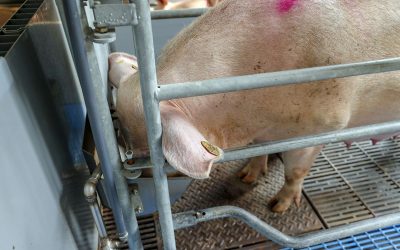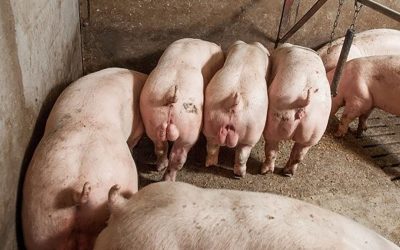EU to ease approval process for biotech crops
The European Union plans to change the approval process for growing genetically modified crops in the 27-nation grouping, according to Bloomberg. This would ease a system that blocked all but one application in more than a decade.
The proposal by Health and Consumer Affairs Commissioner John Dalli may be announced July 13, commission spokesman Roger Waite told Bloomberg by phone from Brussels.
It would allow member states to opt out of cultivating approved crops, he said.
The EU’s approval process has hindered biotech companies from expanding the European market for biotech crops.
The commission in March approved a modified potato developed by BASF, the first such move in a decade, after an approval process that began in 2003.
The commission said March 2 it planned to come up with a proposal "by the summer" that would allow EU members more choice on whether to allow growing of genetically modified crops.
Waite said governments have been "dragging their feet" under current rules to delay approvals.
"Our hope is that this might accelerate the approval procedure for GMOs for cultivation," Waite said. "All authorization will still take place on a European-wide basis. A member can then choose for this opt-out clause."
Not for use in animal feed
The proposals only cover growing biotech crops, not their use in food and animal feed, according to Waite.
Since ending a six-year moratorium on new gene-modified products in 2004, the EU has let them be imported for food and feed uses.
The EU approved only two genetically modified crops for cultivation, compared with about 150 being planted worldwide.
EU biotech plantings fell 12% to 94,750 hectares last year as Germany abandoned insect-resistant corn, the International Service for the Acquisition of Agri-Biotech Applications said in a report in February.
Six EU nations planted engineered corn, with Spain accounting for 80% of the region’s total, the industry group said.











